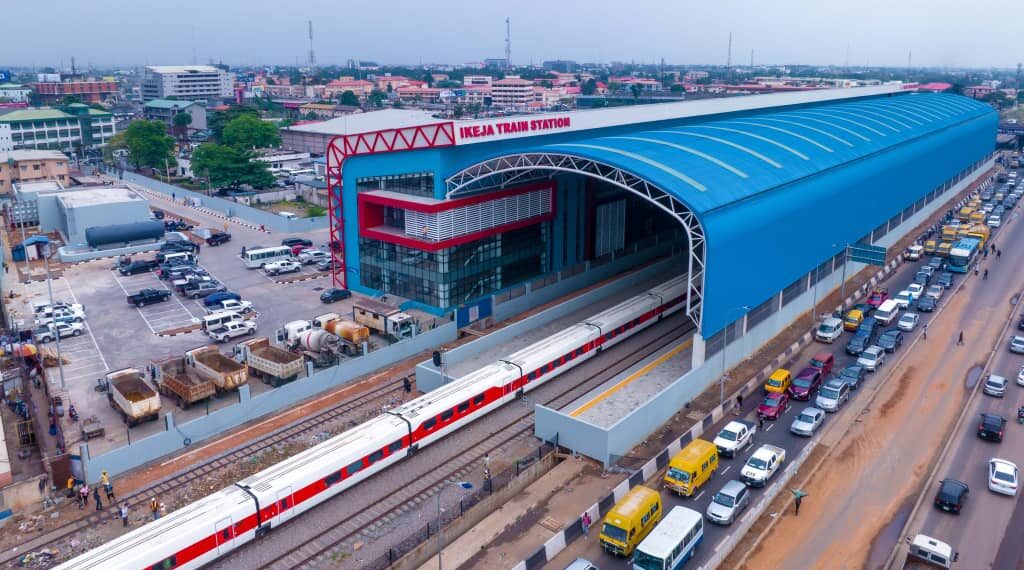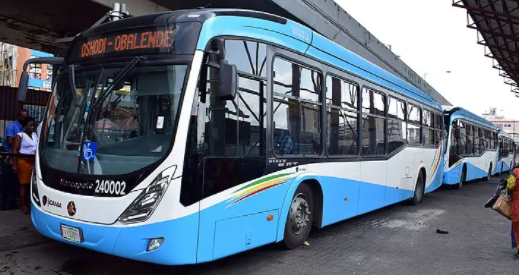The Lagos State Government sacrificed an estimated N500 million in monthly revenue in order to maintain a 25% reduction in transport fares, as part of a social initiative aimed at reducing the financial burden of commuting for residents.
This fare cut applied to services such as the Bus Rapid Transit (BRT), Bus Rapid Intervention (BRI), Metro Rail, and Water Transport, providing much-needed relief to millions across the state.
The details of this initiative were outlined in the Lagos Economic Development Update (LEDU) 2025, a report published by the Economic Intelligence Department of the Lagos State Ministry of Economic Planning and Budget.
According to the report, in 2024, approximately 18.54 million commuters benefited from the fare subsidy on BRT and BRI services, while an additional 708,427 passengers saw reduced fares on metro rail and water transport, further alleviating transportation expenses for Lagos residents.
The report elaborates that the Ministry of Transportation, through the Lagos Metropolitan Area Transport Authority (LAMATA), implemented the 25% fare reduction on BRT and BRI services. This initiative provided financial relief to 16.84 million people between January and December 2024.

Additionally, a separate programme, which offered a similar discount on metro rail and water transport services, assisted over 700,000 residents. Overall, these measures provided a significant benefit to 18.54 million Lagosians in 2024.
It was also highlighted that the transport fare reduction, along with other state-run social programmes, helped mitigate the effects of broader economic reforms. These efforts played a crucial role in supporting vulnerable households and reducing inflationary pressures on both food and transport costs across the state.
Since 2023, the Lagos State Government has implemented various fare adjustments in response to the economic climate, including a 50% fare rebate following the removal of fuel subsidies, which lasted from August to November 2023. A 25% discount was then introduced in November 2023 and reinstated in February 2024, aimed at keeping transportation costs manageable for residents.


 Trending
Trending 